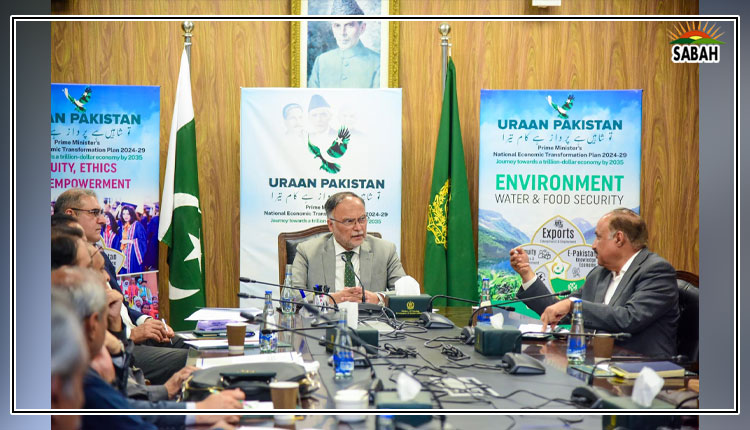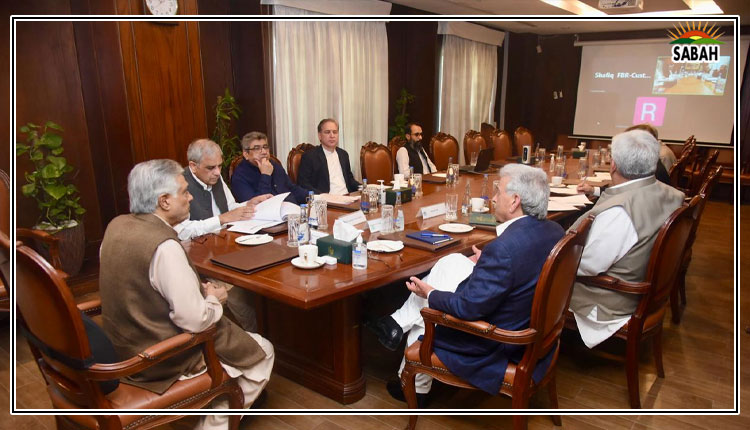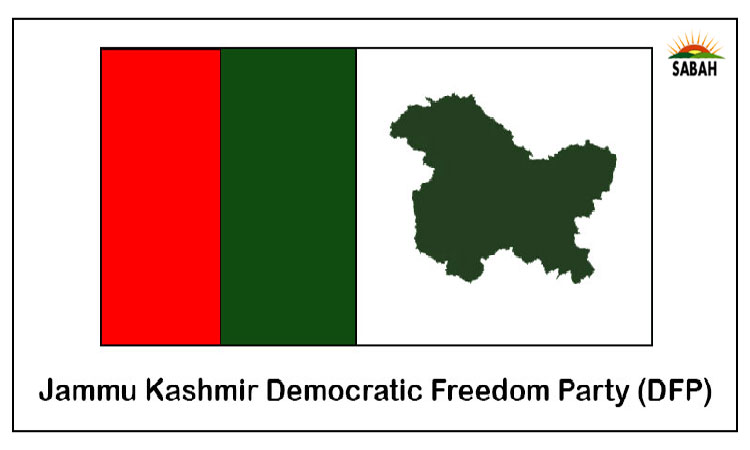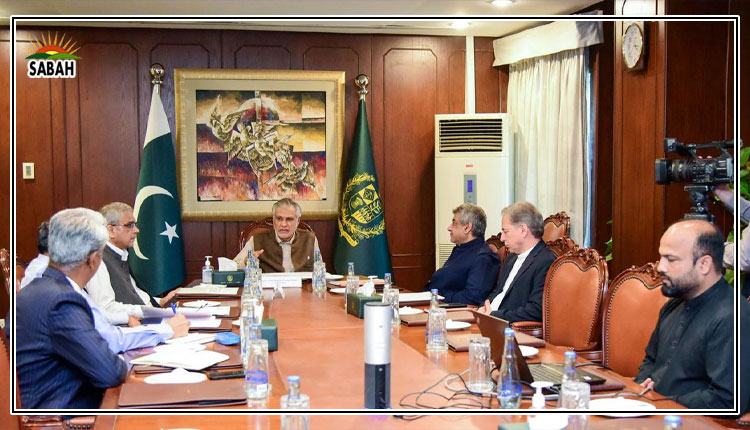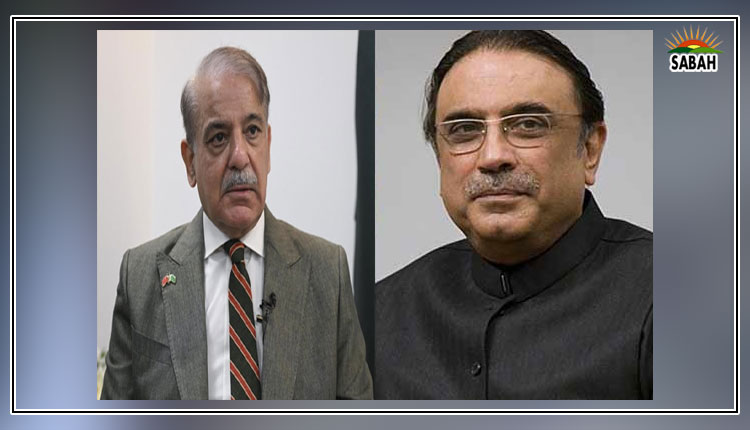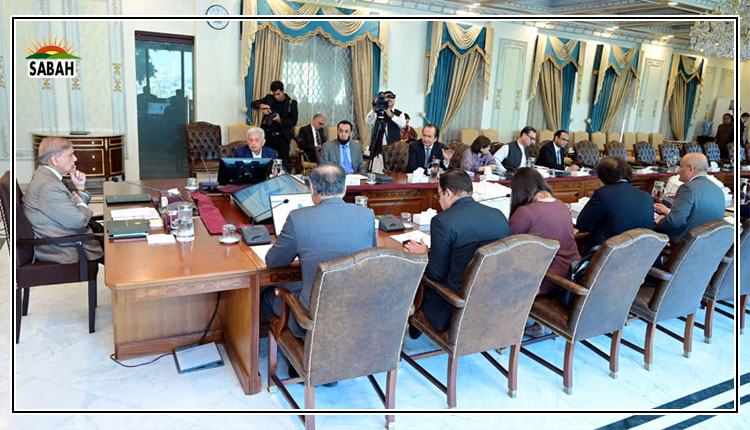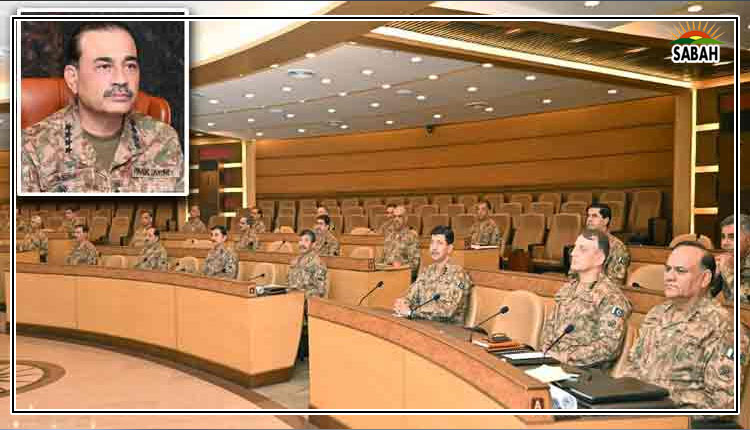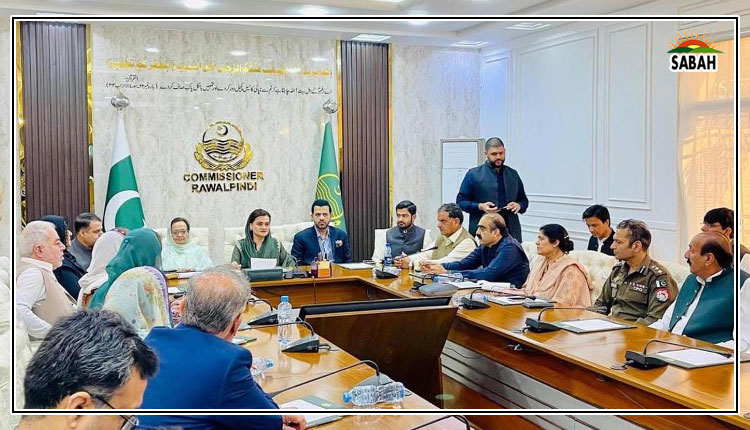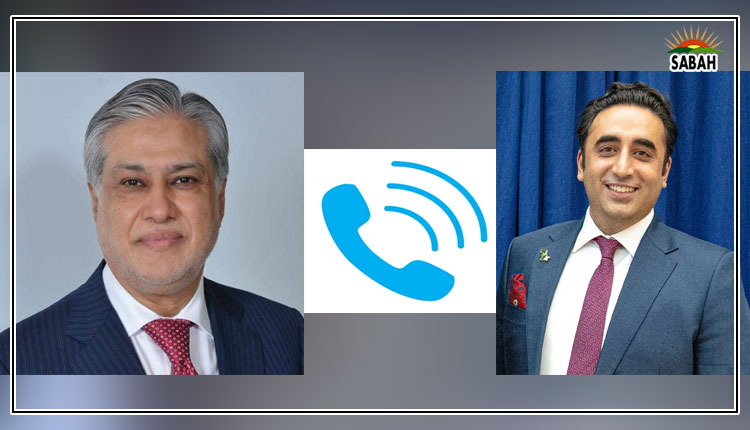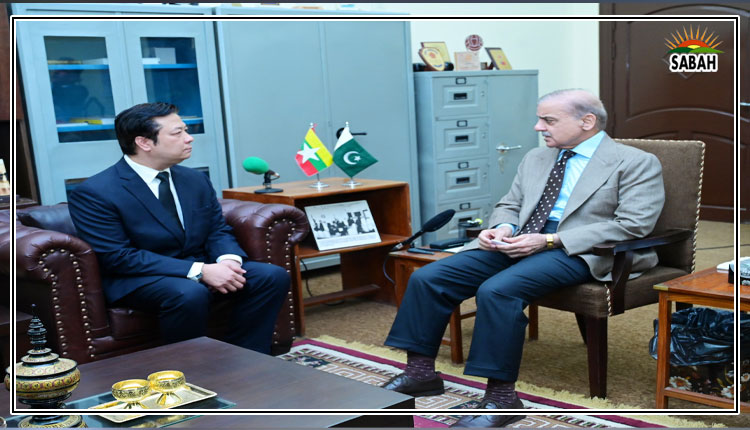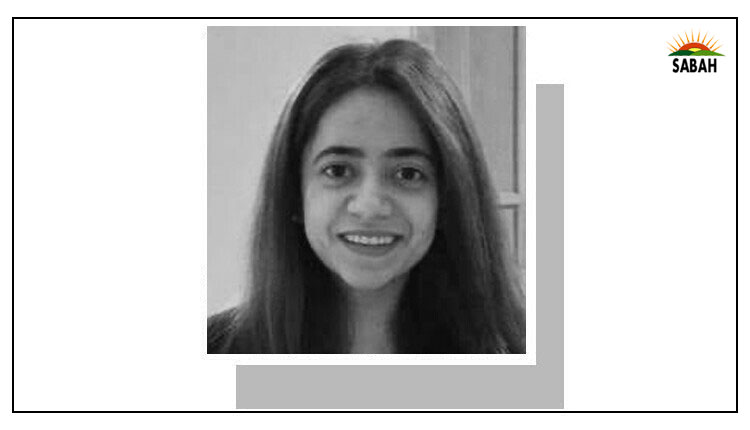Fractured identity ………Laraib Niaz
THE recent dastardly attack on a minority religious community in Jaranwala, based on alleged disrespect to the majority faith, reinforces the dual role religion plays in Pakistan: it fosters the national identity of its citizens and delineates citizenship status based on religious affiliation. The unabashed display of violence and fanaticism, in the event of the misuse of religion, is not an isolated phenomenon; it raises pertinent questions about identity politics, faith, and communal vigilantism. It is difficult not to draw parallels with increasingly common cow lynchings and anti-love jihad raids in neighbouring India. So, what can be said about the common thread of religious beliefs in causing violent vigilantism?
Violent vigilantism is often triggered due to behaviour that violates certain social and moral values that people consider fundamental to their group identities. Threatened group identities can arouse strong emotions, such as fear, anger, and a desire for supposedly restorative justice. In Pakistan, mob-driven violence is fuelled by a threat to not just religious identities but also national identities, which perhaps makes individuals feel compelled to act (violently) to uphold the sanctity of faith.
National identity is a citizen’s sense of belonging with the state, which is predominantly constructed through education and is based on shared values and symbols. In Pakistan, religion has provided a shared value to unite the population and justify the existence of the country. Education has served to reinforce this shared value, often by reiterating the ideology of Pakistan and justifying its existence.
During my fieldwork in Grade 7 public and private school classrooms in Lahore, I would often witness a defensive and inward-looking nationalism purported by teachers, who would speak about the injustices experienced and sacrifices made by Muslims during Partition, and the constant need to protect Pakistan from outside forces.
How does education reconcile a fragmented identity?
While it is important for students to learn about traumas and injustices of the past — unlike, for instance, the omission/ revision of colonial horrors from mainstream education in the UK — constant trepidation over the possible dismantling of the nation is also harmful. It can make students feel resentful towards supposed outsiders and wary of their nation’s identity, which is constantly in flux. Does the threat to identity make communal vigilantism more likely? Perhaps.
Further, teachers would also relate national identity to religious identity: (‘we are a Muslim nation, we are the Pakistani nation’). Yet, such a focus on religion challenges the existence of religious plurality in the country — and this is where identity becomes fragmented. If religion is the uniting factor, then how can citizens understand religious diversity? Importantly, how does education reconcile a fragmented identity?
Identity that is fragmented requires recognition and normalisation of diversity (religious, ethnic, gender) in educational discourses. To this end, the subject of ‘Ikhlaqiat’ (Ethics) is offered in lieu of Islamiat to non-Muslim students, and the new Single National Curriculum also works on greater sensitisation towards religious communities. The focus on curriculum and textbooks, however, is reductionist. The foremost elements in classrooms are the teacher and the student, who come with their own socialisations and worldviews.
During my fieldwork, a Muslim student mistakenly assumed I was Christian, and immediately informed the teacher that she could not speak to me as her parents had instructed her to not interact with Christians. The teacher reassured the student that I was indeed a Muslim, and I was left wondering why the teacher could not contest the notion that Muslims should not be interacting with Christiansand what impact would this conversation have had on a Christian classmate. Teachers, however, are part of the system and require training in gender and religion-sensitive pedagogy, which is the state’s duty.
What is also the state’s duty is the use of education in dismantling fear of annihilation by reconciling wounds and traumas of the past. In its 76th year of independence, does Pakistan still need incessant hammering of the justification for its creation and threats to its existence? For identity only becomes an issue when it is in a crisis, when the assumption that it is fixed is displaced by the experience of uncertainty.
It is also important to inculcate values of peace and citizenship in education that acknowledge and respect the rights of all citizens of the country. It is only respect for rule of law and the acknowledgement of equal citizenship, regardless of religious affiliation, that can help curb rising acts of violent vigilantism.
The writer has a PhD degree in Religion and Education and is a research associate at the University of Cambridge.
Twitter: @laraibniaz91
Courtesy Dawn, September 2nd, 2023


